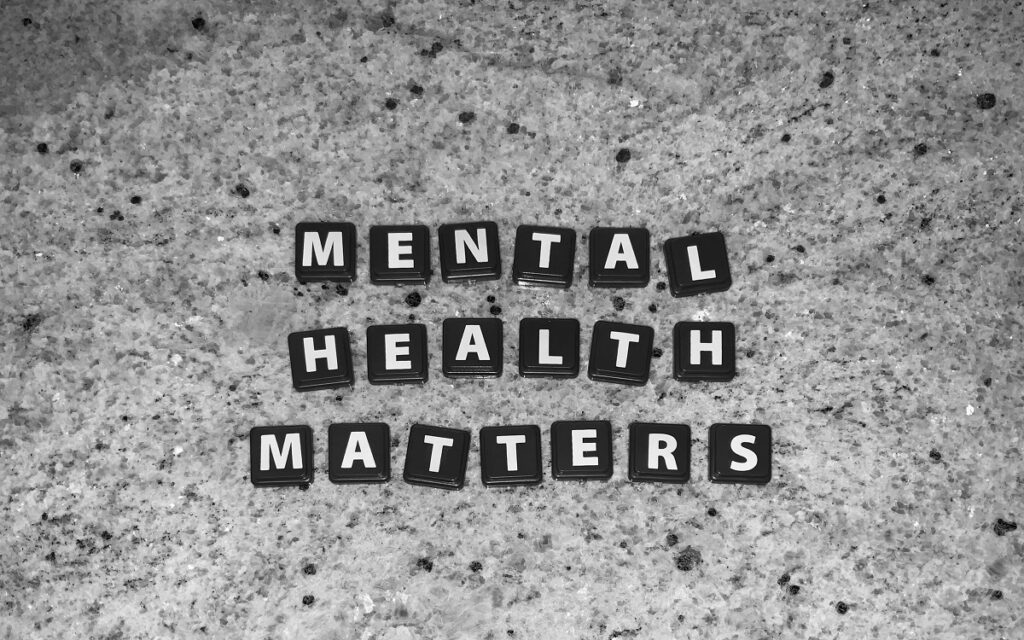Prevalence of Mental Health Issues in Teens
According to the National Alliance on Mental Illness (NAMI), approximately one in five teens aged 13-18 will experience a severe mental disorder. Some of the most common mental health disorders in teens include anxiety disorders, depression, eating disorders, attention-deficit/hyperactivity disorder (ADHD), and substance abuse disorders. It is common for teens to experience multiple mental health disorders simultaneously. For example, depression and anxiety often co-occur, which can complicate diagnosis and treatment. Teenagers can struggle with mental health for a variety of reasons, and it’s often a complex interplay of multiple factors.
Mental Health and Academic Performance

Mental health issues can significantly impact a teen’s academic performance. Research shows that students with mental health disorders have higher rates of school absences, lower grades, and lower graduation rates. Alternatively, the pressure to excel in school can be overwhelming. The fear of failure can lead to stress, anxiety, and depression.
Getting Help for Teens Struggling with Mental Health
According to the Centers for Disease Control and Prevention (CDC), suicide rates among teens in the United States have been steadily increasing over the past decade. Many teens face stigma associated with mental health, which can deter them from seeking help. Teens may face barriers to seeking help, such as, limited access to mental health services, lack of awareness about available resources, and fear of judgment or embarrassment. Early identification and intervention for mental health issues in teens can significantly improve outcomes. Timely treatment can prevent the escalation of symptoms, improve functioning, and enhance overall wellbeing.
How Parents can Help Teens

Understanding teen mental health can help raise awareness, reduce stigma, and promote early intervention and support for adolescents. Consider these factors and how they may be impacting your teens mental health:
Monitor Social Media: Social media and technology can have both positive and negative effects on teen mental health. While it can provide a sense of connection and support, excessive use, cyberbullying, and unrealistic comparisons can contribute to increased stress and mental health issues. Read more about social medias influence on mental health.
Multicultural Considerations: It is essential to consider the intersection of cultural, ethnic, and familial factors when addressing teen mental health. Culture can influence how mental health is perceived, help-seeking behaviors, and the impact of stigma.
Protective Factors: Factors that promote positive mental health in teens include strong family relationships, positive peer relationships, access to supportive adults, participation in extracurricular activities, and effective coping skills.

How can a Therapist Help my Teen
Therapists can play a vital role in supporting teens’ mental health by providing a safe space, guidance, and evidence-based interventions. Through therapy, teens can gain skills, self-awareness, and resilience to improve mental wellbeing and navigate challenges effectively.
Creating a Safe and Non-judgmental Space
Therapists create a supportive and trusting environment where teens can openly express their thoughts, feelings, and concerns without fear of judgment. This safe space allows for open exploration of emotions and experiences.
Building a Therapeutic Relationship
Therapists develop a positive and trusting relationship with teens. This relationship allows the therapist to understand the teen’s unique perspective and experiences, providing a foundation for effective therapy.
Conducting Assessments
Therapists use various assessments and screenings to evaluate a teen’s mental health, understand their challenges, and diagnose any mental health conditions accurately. This helps in developing appropriate treatment plans.
Psychoeducation
Therapists educate teens about mental health conditions, symptoms, and coping strategies. This helps teens gain a better understanding of their emotions and provides them with tools to manage their mental health.
Individual Therapy Sessions
Individual therapy sessions provide teens a confidential space to discuss their concerns, learn coping skills, and explore strategies to address challenges. Therapists use evidence-based interventions tailored to the teen’s unique needs, such as cognitive-behavioral therapy (CBT) or dialectical behavior therapy (DBT).
Family Therapy Sessions
Involving parents or caregivers in therapy can be crucial for teen mental health. Family therapy addresses family dynamics, communication patterns, and relational issues that may contribute to the teen’s struggles. It helps foster healthy relationships, improve communication, and create a supportive family environment.
Group Therapy Sessions
Group therapy allows teens to connect with others who may be experiencing similar challenges. It provides a supportive community to share experiences, learn from others, practice social skills, and gain a sense of belonging.
Collaborating with Other Professionals
Therapists may collaborate with other professionals involved in a teen’s care, such as school counselors, pediatricians, or psychiatrists. This collaboration ensures a comprehensive approach to support the teen’s mental health across different settings.
Advocating for Teens
Therapists can advocate for teens within schools or other systems to ensure their mental health needs are adequately recognized and addressed. They can help facilitate appropriate accommodations, referrals, and support services.

